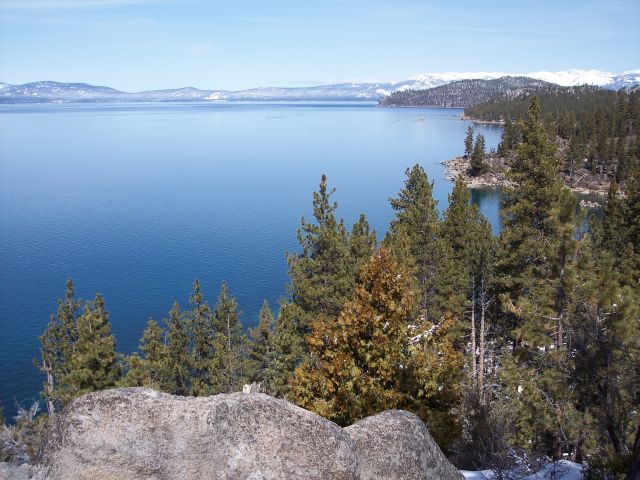Wednesday, June 30, 2010
Why don't they blow it up?
Articles like this one argue that BP (or the Coast Guard) should set off a bomb somewhere underground not far from the leak in hopes of collapsing the shaft through which the oil is leaking. That same article implies that they won't do it because they'll lose all the work they've done so far, which has required a significant investment. No doubt there's been a significant investment made, but I don't think it's on the order of the $20 billion they've already agreed to pay to deal with the spill. It seems more likely that the response laid out here is accurate: they don't want to blow it up because it might end up even more complicated to try to contain.
Natural gas use to double
Not really a surprise, but this article summarizing an MIT report headed by Ernest Moniz points out that natural gas is likely to double over the next few decades. That's a good thing because it leads to less than half of the carbon emissions that coal burning does. It's less good because it will mean lots of "fracking" domestically, which (as we saw in Monday's post) can be pretty bad for the environment. It's also less good because it will be associated with an increase in the price of electricity: as much as 30% by 2030. Natural gas is touted as the "bridge" to a better energy system, and it's also important to have somewhere to land once we cross that bridge.
Monday, June 28, 2010
Gulf oil spill increases pressure on Chesapeake
Omega Protein, a harvester of the menhaden that form an important link on the food chain in the Chesapeake ecosystem, is increasing harvests from the Atlantic to compensate for decreased availability in the Gulf of Mexico. Additional pressure on the already stressed population can't be good! Stripers rely on menhaden for food, so the Maryland success story involving recreational fishing could be in further danger. Virginia imposed a limit on how much the company is allowed to take (albeit a limit that was designed not to make a difference) so hopefully they will honor their legal commitment to limit their take, at least!
A Fracking Mess
I've been bullish on natural gas for awhile because it's domestic and burning it contributes less to climate change than burning coal or petroleum do. I know that it has environmental risks, but one good thing about it being in the US is that we can regulate the process and force the industry to use the best available technology to minimize the risks. A recent article in Vanity Fair, though, calls attention to the many potential negative ramifications of "fracking," which is part of the process of extracting natural gas. Near the bottom, it also says that the heavy reliance on trucking to cope with the massive amounts of liquids involved means that its carbon footprint is larger than previously imagined. Be good to see a thorough cost benefit analysis that included examination of the carbon emissions....
Saturday, June 5, 2010
Lake Tahoe
Subscribe to:
Posts (Atom)
